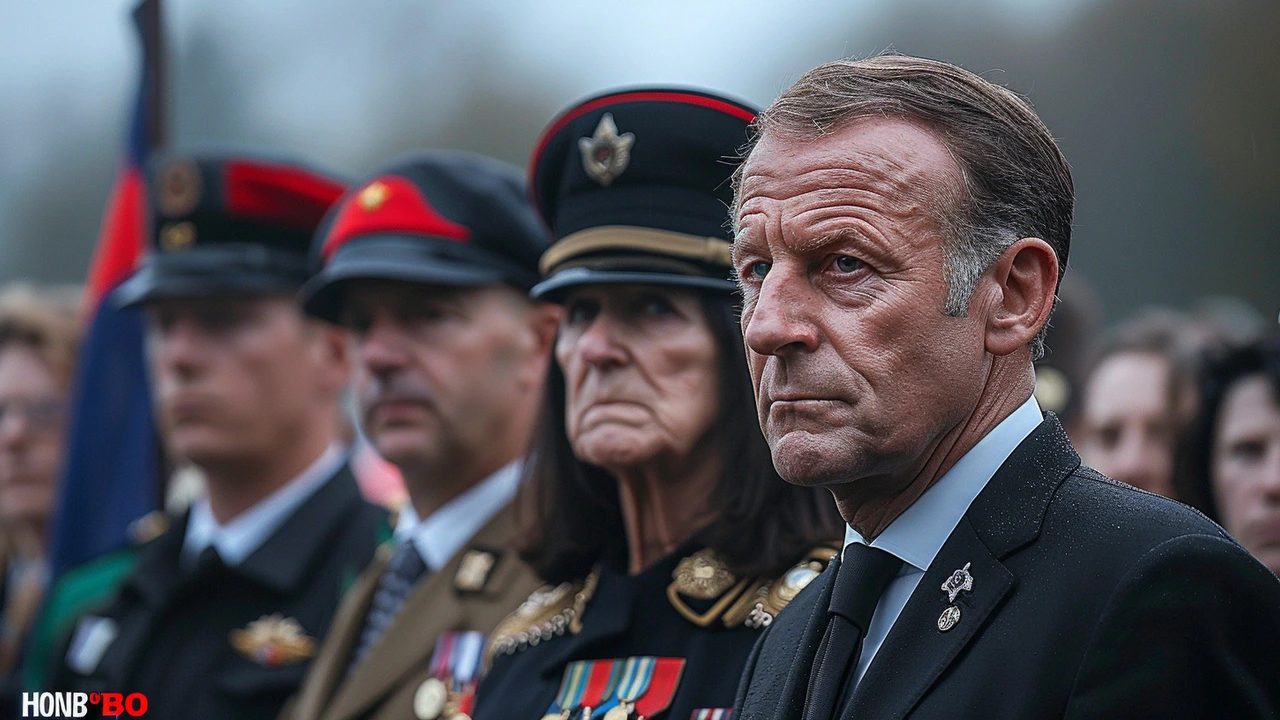World War II: What You Need to Know
World War II was a massive global conflict that lasted from 1939 to 1945, involving most of the world's countries. It’s remembered as one of the deadliest and most impactful events in modern history. If you’re curious about what happened and why it still matters, this page breaks it down for you.
At its core, the war started when Germany, led by Adolf Hitler, invaded Poland. This action triggered Britain and France to declare war on Germany. The conflict quickly involved countries across Europe, Asia, and beyond, splitting the world into major alliances known as the Allies and the Axis Powers.
Major Events That Shaped the War
Important battles like Stalingrad, Midway, and D-Day changed the course of the war. The turning points often came from tough fights where the Allies pushed back Axis advances. Meanwhile, the war affected civilians heavily, with tragedies like the Holocaust and widespread bombing campaigns.
Technologically, WWII introduced advancements in aviation, radar, and even the first atomic bombs. These innovations not only influenced the war's outcome but also shaped military strategy for decades to come.
Why Does World War II Still Matter?
The end of WWII led to major shifts in power. The United States and the Soviet Union emerged as superpowers, setting the stage for the Cold War. It also triggered the creation of the United Nations, aimed at preventing future conflicts on such a scale. Plus, the war's aftermath saw major social and political changes worldwide, including movements for independence in colonized countries.
Understanding World War II helps us grasp today's global politics and the importance of diplomacy. It reminds us how conflicts can escalate and impact millions, and why learning from history is so crucial.
Browse articles here to explore detailed WWII stories, key figures, battles, and its ongoing influence on the modern world.

World Leaders and Veterans Honor D-Day's 80th Anniversary Amid Global Tensions
In Normandy, France, world leaders and veterans congregated to remember the 80th anniversary of the D-Day landings. This pivotal moment in World War II saw Allied troops fighting to liberate Europe from Nazi occupation. Amid present global conflicts, leaders highlighted the ongoing importance of unity and democracy.
